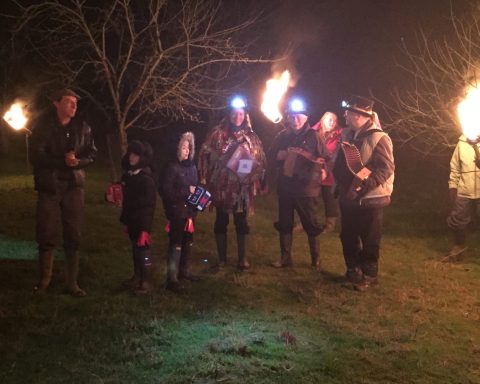 Alex Burrell is a GP in Bristol.
Alex Burrell is a GP in Bristol.
Yonder: a diverse selection of primary care relevant research stories from beyond the mainstream biomedical literature
Rural generalists
Rural and remote communities are underserved by primary care globally. We have specialist rural GP training in the UK in the form of the Northern Scotland Rural Track Programme, as well as Remote and Rural Post-CCT Fellowships, though there are not many of these posts available. Australia has far larger rural and remote areas and has committed to a National Rural Generalist Pathway to build a workforce equipped with the skills needed to work in these environments. With retention foremost in their minds, this mixed- methods project aimed to establish principles for post-training support of rural GPs.1 Among the 10 guiding principles developed, the ability to attain, maintain, and upgrade procedural skills, and to work across primary and secondary care stand out; access to peer support and clinical leadership opportunities are also highlighted. As healthcare provision becomes increasingly centralised and specialised, the value of a good rural generalist is only going to rise.
Mental health of refugees
Refugees are at high risk of certain mental health conditions including post-traumatic stress disorder (PTSD) and depression, with some evidence also suggesting an increased risk of psychosis. Several European countries, including the UK, have spatial dispersal policies designed to reduce the concentration of refugees in certain areas. This Danish study aimed to understand the impact of neighbourhood composition, which is particularly sensitive to these policies, on the risk of mental health diagnoses.2 For refugees subject to the Danish dispersal policy from 1986–1998, being assigned to a neighbourhood with a lower density of people of shared national origin was associated with a slightly increased risk of non-affective psychosis and PTSD. The authors suggest this may be due to reduced social support and social capital, an important consideration when policies are designed and implemented.
End-of-career GP reflections
This study in Germany interviewed GPs aged ≥65 years at the end of their careers to get their take on the changes in general practice over their professional lifetime.3 The authors outline the local context for this: GPs perceived loss of status among colleagues, students, and patients; disproportionately high admin burden; comparatively low income; and a struggle to recruit and retain GPs. I’m not sure if it’s reassuring or disheartening to know that our colleagues in Europe are facing many of the same issues we are struggling with here. The participants describe changes in their work over 40 years, including developments in diagnostic and therapeutic options, digitisation of patient records, and the move away from single-handed practices. The most striking reflections are on the changes in doctor–patient relationships: ‘GPs are so devalued. They are really only referral writers […] The GP no longer has any image at all.’
Lung ultrasonography
Point-of-care lung ultrasound (POCLUS) could, according to the authors of this French study,4 be implemented into the ‘routine toolkit of GPs’. It’s not a skill I have come across in any in-hours, practice-based GPs in the UK, but it is anecdotally more common in those working in urgent or emergency settings. In 151 patients seen with a suspected lower respiratory tract infection (LRTI), GPs performed POCLUS in 111 of them, with a median ultrasound time of 4 minutes. Patients who had POCLUS were more likely to be given antibiotics and sent for further chest imaging, though there was no significant difference in the percentage of people diagnosed with an LRTI between the two groups. Most of the patients felt diagnosis was more reliable with POCLUS and that they better understood their pathology. There may well be a place for POCLUS in primary care and having patient buy-in is important, but based on these results I won’t be signing up to any courses just yet.
References
1. Dhupelia D, Van Erp A, Collins J, Sen Gupta T. A post-fellowship support framework for rural doctors: the Queensland experience. MedEdPublish (2016) 2024; 14: 6.
2. Schofield P, Jamil de Montgomery C, Damm AP, Agerbo E. Neighborhood social composition and refugee mental health — quasi-experimental evidence of associations from a Danish population register study. Psychol Med 2024; DOI: 10.1017/S0033291724001041.
3. Schrimpf A, Scheiwe E, Bleckwenn M. Insights from end-of-career general practitioners on changing working conditions and generational differences: considerations for future strategies. BMC Prim Care 2024; 25(1): 171.
4. Amiot F, Delomas T, Laborne F-X, et al. Implementation of lung ultrasonography by general practitioners for lower respiratory tract infections: a feasibility study. Scand J Prim Health Care 2024; DOI: 10.1080/02813432.2024.2343678.
Featured photo by David Clode on Unsplash.






